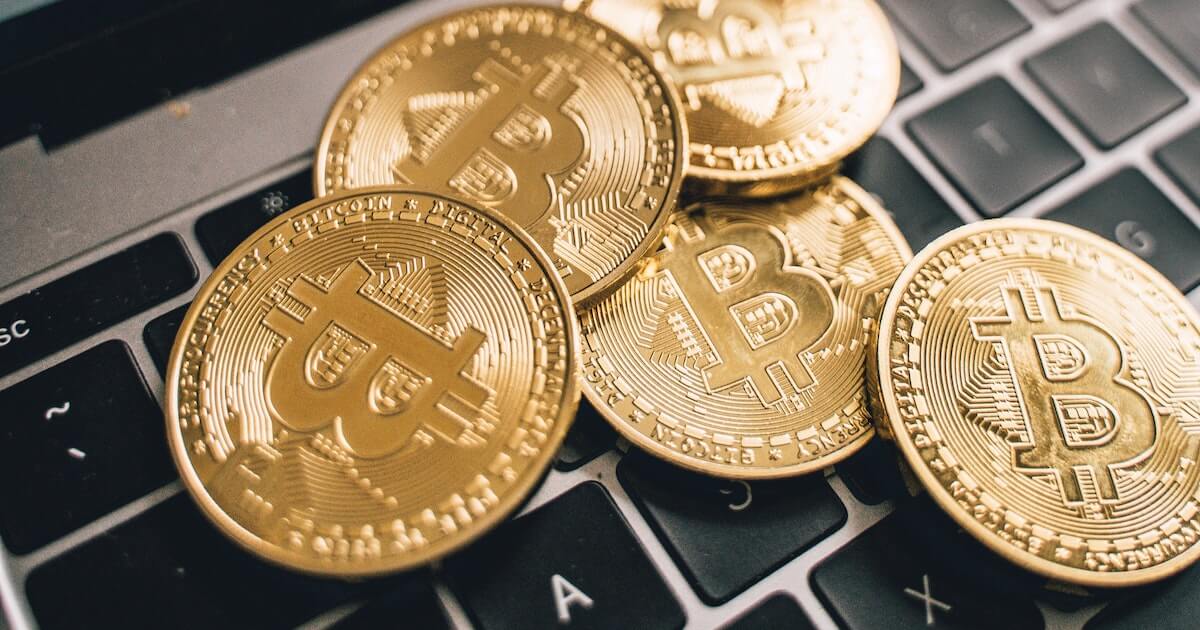What Happens to Cryptocurrency When You Die?
One of the primary goals of estate planning is to manage your assets in the event of death or incapacity so there is peace of mind for your family and loved ones. A layperson typically focuses on financial assets such as real properties, bank accounts or valuable personal items like jewelry. However, the types of assets that are subject to estate planning are far more diverse. Earlier this month, we outlined what happens to our social media accounts after we pass away. This week, we’re discussing the importance of knowing what happens to cryptocurrency when you die.
Avoiding the Crypto Assets Conundrum
Unlike traditional assets that can be retrieved by inquiring with your financial institutions and brokerages, cryptocurrencies are decentralized, meaning they lack a central governing body (like a bank), which makes even knowing they exist half the battle for your beneficiaries. The other half of the battle is knowing how to access them.
The first step to estate planning is to keep a current list of your assets and liabilities, including any crypto assets you hold. At a minimum, it’s important to include key details, such as:
- Each asset’s location;
- Each asset’s value;
- Identifying features (e.g. account number);
- Any source documents, such as contracts or policies that may be needed to access each asset;
- Access to the asset holder’s smartphone device;
- With crypto assets, this also means including passwords, private keys and any other login information.
Protect Your Assets and Heirs By Knowing What Happens to Cryptocurrency When You Die
As stated above, the governance of crypto assets is decentralized, and entitlement to the asset after death may be governed by contracts or internal company policies. Laws are being legislated to provide universal standards, but being as crypto represents a relatively new asset class, this is a catch-up process. Hence, protecting your crypto assets and heirs requires planning accordingly.
Digital currencies are treated as assets instead of cash
Unlike tracking accounts via a user’s financial institutions, digital currency is used and stored virtually, using an encrypted and virtual blockchain wallet that can be nearly impossible to find unless the holder makes it known in their Will or tells someone how to access it using their private key. Without the private key (a string of characters that serves as a password), accessing someone’s digital wallet is impossible. And because death often comes unexpectedly, cryptocurrency holders and investors who fail to prepare by leaving instructions may leave substantial amounts of their estate inaccessible to their loved ones if they pass away or otherwise become incapacitated.
Don’t Make This Common Mistake!
A common mishap occurs when cryptocurrency holders jot down their private keys on a random piece of paper and stash it away where no one else will likely find it. Consequently, finding a random string of characters on a piece of paper without context won’t help anyone.
Unfortunately, unlike traditional financial and investment brokerages, major crypto exchanges, including Coinbase, Binance and Kraken, don’t allow users to name a beneficiary. The lack of such an option makes accessing one’s cryptocurrencies post-mortem a complicated matter.
To complicate matters further, some platforms explicitly forbid users to share their passwords or allow anyone to access their accounts on their behalf! For this reason, it’s important to carefully review each platform’s protocols and plan around them accordingly — this is where an experienced estate lawyer can help you.
Other Ways Your Executor May Be Able to Access Your Crypto Assets
According to Coinbase’s Help Centre, “How do I gain access to a deceased family member’s Coinbase account?” Coinbase requires a user’s power of attorney or heirs to provide a death certificate, last Will and testament or probate documents etc., a valid ID, and a signed letter instructing Coinbase what to do with the deceased account balance. If you wish to name a beneficiary on your Coinbase account, it must be done via your estate attorney with instructions outlined in your Will. Even so, unless your power of attorney has direct access to your Coinbase account, the above process will still apply.
While Coinbase’s requests seem reasonable, a little preplanning can save your grieving loved ones a lot of trouble in the event they need to manage your estate in your absence or passing. There’s also a workaround that will allow you to protect your cryptocurrencies from probate, ensuring they go directly to your named heirs. The workaround is to transfer your cryptocurrency into a trust. If you hold crypto assets, it would be smart to ask your estate lawyer whether a trust is a good option for your specific situation.
But, Wait! Is Your Executor Tech Savvy?
It also helps to consider how technically capable the person you put in charge of accessing your digital assets is — especially when it comes to accessing a crypto wallet or crypto exchange. Hence it’s important to carefully and clearly outline instructions, including the location of your crypto wallets and how to use your private key to access them. And again, accessing may require two-factor authentication, requiring access to the deceased’s smartphone.
Take the Best Way Forward
The best next steps are to consult with an estate lawyer to help you craft your Will and outline the best way to protect all of your assets. Knowing what happens to your digital assets when you die and preparing a Will with instructions best ensures your final wishes are fulfilled without excess grief or confusion.
If You Have Questions:
Including how to choose a power of attorney, whether to leave assets in a trust and how to include digital asset instructions in your Will, please don’t hesitate to reach out to our Estate Law Specialists at Spraggs Law today.
Please note: This article does not contain legal advice. If you would like advice on your specific situation, please contact Spraggs Law.
